Saturday,
Jan 10
Dusseldorf
0°
Sunday,
Jan 11
Dusseldorf
-2°
Monday,
Jan 12
Dusseldorf
0°
Tuesday,
Jan 13
Dusseldorf
5°
Wednesday,
Jan 14
Dusseldorf
8°
Thursday,
Jan 15
Dusseldorf
3°
MORE IMPORTANT INFORMATION ABOUT YOUR TRAVEL TO Dusseldorf
The Train station is located at the center of Dusseldorf
Düsseldorf (often Dusseldorf in English sources; UK: US: German: [ˈdʏsl̩dɔʁf]; Low Franconian and Ripuarian: Düsseldörp ([ˈdʏsl̩dœɐ̯p]); archaic Dutch: Dusseldorp) is the capital and second-largest city of the most populous German state of North Rhine-Westphalia after Cologne, and the seventh-largest city in Germany, with a population of 617,280. At the confluence of the Rhine and its tributary Düssel, the city lies in the centre of both the Rhine-Ruhr and the Rhineland Metropolitan Regions with the Cologne Bonn Region to its south and the Ruhr to its north. Most of the city lies on the right bank of the Rhine (as opposed to Cologne, whose city centre lies on the river's left bank). The city is the largest in the German Low Franconian dialect area (closely related to Dutch). "Dorf" meaning "village" in German, the "-dorf" suffix (English cognate: thorp) is unusual in the German-speaking area for a settlement of Düsseldorf's size. Mercer's 2012 Quality of Living survey ranked Düsseldorf the sixth most livable city in the world.
Source:
WikipediaADDITIONAL INFORMATION ABOUT The
The Train station is located at the center of The
The is a grammatical article in English, denoting persons or things already mentioned, under discussion, implied or otherwise presumed familiar to listeners or readers. It is the only definite article in English. The is the most commonly used word in the English language, accounting for seven percent of all words. It is derived from gendered articles in Old English which combined in Middle English and now has a single form used with pronouns of either genders. The word can be used with both singular and plural nouns and with a noun that starts with any letter.
Source:
WikipediaImages of the trains for your trip


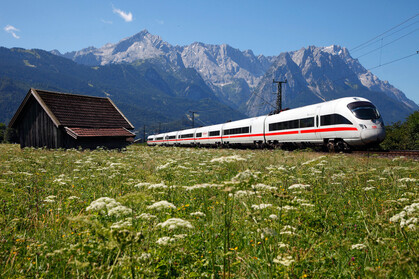

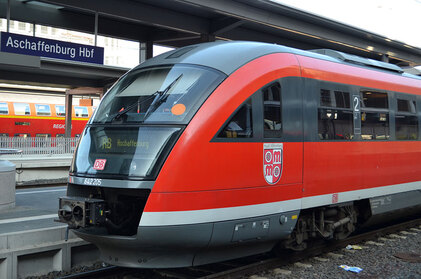







Where Can You Travel With Us?
TAKE A LOOK AT OUR MAP
France
Italy
Netherlands
Luxembourg
Austria
Germany
Belgium
Switzerland
Denmark
Sweden
Norway
Hungary
Czech
Ukraine
China
Active
France, Italy, Netherlands, Luxembourg, Austria, Germany, Belgium, Switzerland, Denmark, Sweden, Norway, Hungary, Czech, Ukraine, China
Upcoming
USA, Canada, Spain, Poland, Japan
Other Train Trips From The

The Hague to Apeldoorn

The Hague to Nijkerk

The Hague to Landgraaf

The Hague to Rilland Bath

The Hague to Helmond

The Hague to Diemen South
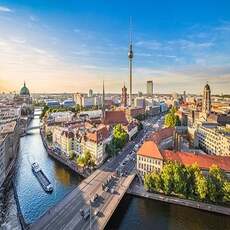
The Hague to Wezep
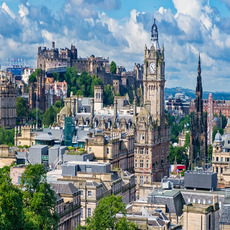
The Hague to Terborg
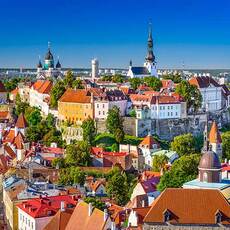
The Hague to Purmerend Weidevenne

The Hague to Almere Poort

The Hague to Krommenie Assendelft
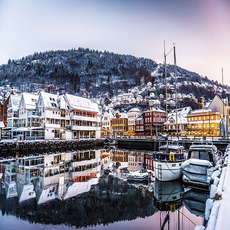
The Hague to Mantgum
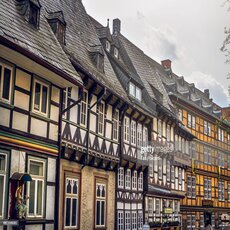
The Hague to Barneveld North
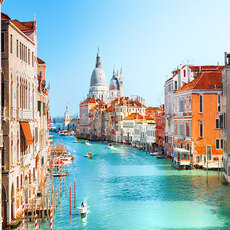
The Hague to Amsterdam Science Park

The Hague to Wolvega
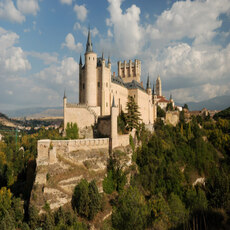
The Hague to Feanwalden

The Hague to Dordrecht Stadspolders

The Hague to Winsum
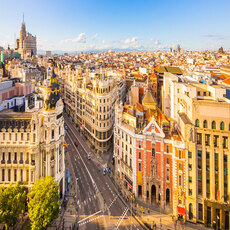
The Hague to Utrecht Overvecht

The Hague to Kerkrade
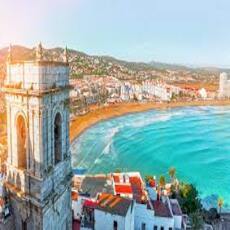
The Hague to Hoorn

The Hague to Delft South

The Hague to Voerendaal

The Hague to Twello

The Hague to Bovenkarspel Grootebroek

The Hague to Delfzijl West

The Hague to Driebergen Zeist

The Hague to S Hertogenbosch East

The Hague to Martenshoek
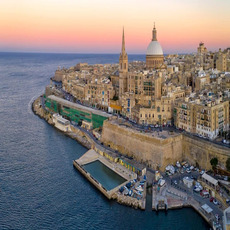
The Hague to Arnhem South
WHY YOU SHOULD TRAVEL BY TRAIN?
To travel from The To Dusseldorf, trains would be the best travel choice, for several reasons:
1
Eco-Friendly
Trains are the most environmentally-friendly way of transport to the EU Environment Agency. They are powered by electricity, which is renewable and has a low environmental impact.
2
Speed
Travelling by train is in most cases the fastest way to go from Rome to Milan. Trains usually travel at high speeds, making them the fastest way to get from one place to another.
3
Safety
Travelling by train is one of the safest forms of transport. Trains are heavily regulated and monitored, making them safer than other forms of transport.
4
Price
Travelling by train is often cheaper than other forms of transport, such as flying or taking a bus. Trains are often subsidized by the government, making them cheaper than other forms of transport.
5
Luggage
Travelling by train is a great way to transport luggage. Trains usually have plenty of space for luggage and they are usually safe and secure.
6
Luggage
Travelling by train is often faster than other forms of transport, such as driving or taking a bus. Trains usually travel at high speeds, making them the fastest way to get from one place to another.
7
Comfortability
Travelling by train is usually very comfortable. Trains usually have comfortable seating and plenty of legroom, making them a great way to travel.
8
Comfortability
Travelling by train is a great way to get some sleep. Trains usually have comfortable seats and plenty of legroom, making them a great way to get some rest while travelling.
9
WIFI
This is not necessarily the most important when you travel since we prefer to tell you to enjoy your travel without your phones, but on trains, you can find WIFI onboard, so you remain connected to the internet if you choose to.
THESE ARE THE TRAIN OPERATORS WE WORK WITH




















